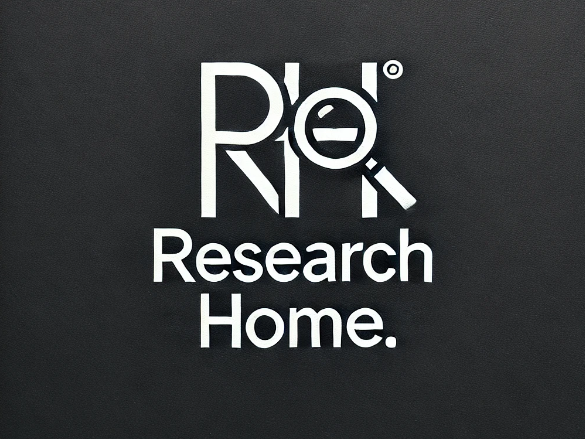Emotional Intelligence-Module 1 – SLP
Using Positive Intelligence in the Workforce
Since it was first suggested by Salovey and Mayer (1990), emotional intelligence has been a topic of great interest to scientists researching non-cognitive factors that may contribute to intelligence. It is the ability to identify, assess, and control the emotions of oneself, of others, and of groups. As a paradigm was further developed by Goleman. It is often suggested that people equipped with it have a competitive edge in both their personal and professional lives and as a consequence are happier and more successful. While the subject in recent decades has become an area of much study and debate, it should be noted that the underlying conceptsare not entirely new ideas, and in fact, have a history dating to the nineteenth century. The work of the English naturalist, Charles Darwin, emphasized the role of emotional expression in survival and adaptation.
As a matter of fact, many believe that there is a human ability that affects social functioning, called emotional intelligence. Although is now part of the vocabulary in most organizations, few leaders we’ve worked with are fully comfortable engaging their own emotions or managing the emotions of others. It is an assortment of non-cognitive skills, capabilities, and competencies that influence a person’s ability to succeed in coping with environmental demands and pressures.
Controlling personal feelings is a skill that allows an individual to perceive and better address the emotions of those around them. Consequently, detecting shifts in the emotions of colleagues is an important first step to transforming attitudes from negative to positive. For example, in a business context, is demonstrated to have roles in both moderating conflict resolution and enhancing organizational citizenship behavior. Whatever the leadership style, emotional intelligence enables a leader to create interpersonal trust and improve communication, thereby increasing workplace climate and business outcomes.
Its development will allow a leader to recognize emotions immediately and respond by promoting a positive mood to maintain constructive performance. People with high emotional intelligence can generally balance multiple tasks without losing sight of priorities, have the ability to solve new problems in unique and creative ways, and work well in group-oriented tasks. In addition, leaders with emotional intelligence are able to recognize and control their personal emotions and may benefit from lower levels of anger.
SLP Assignment Expectations
Please answer the following questions:
What is it important to have it? How can having emotional intelligence help an HR manager or professional become more effective and productive?
How would you explain emotional intelligence to your employees?
What trainings could you provide your employees for enhancing their emotional intelligence levels?
Do you think it is more important to have high a IQ (intelligence quotient), positive intelligence in the workforce? Justify your response.
Provide an example of how you use emotional intelligence in your personal life/work?
Your paper should be short (2-3 pages, not including the cover sheet, references) and to the point. You are expected to deal with these issues in an integrated fashion, rather than treating them as a series of individual questions to be answered one by one and left at that.
Answer Preview-Emotional Intelligence

